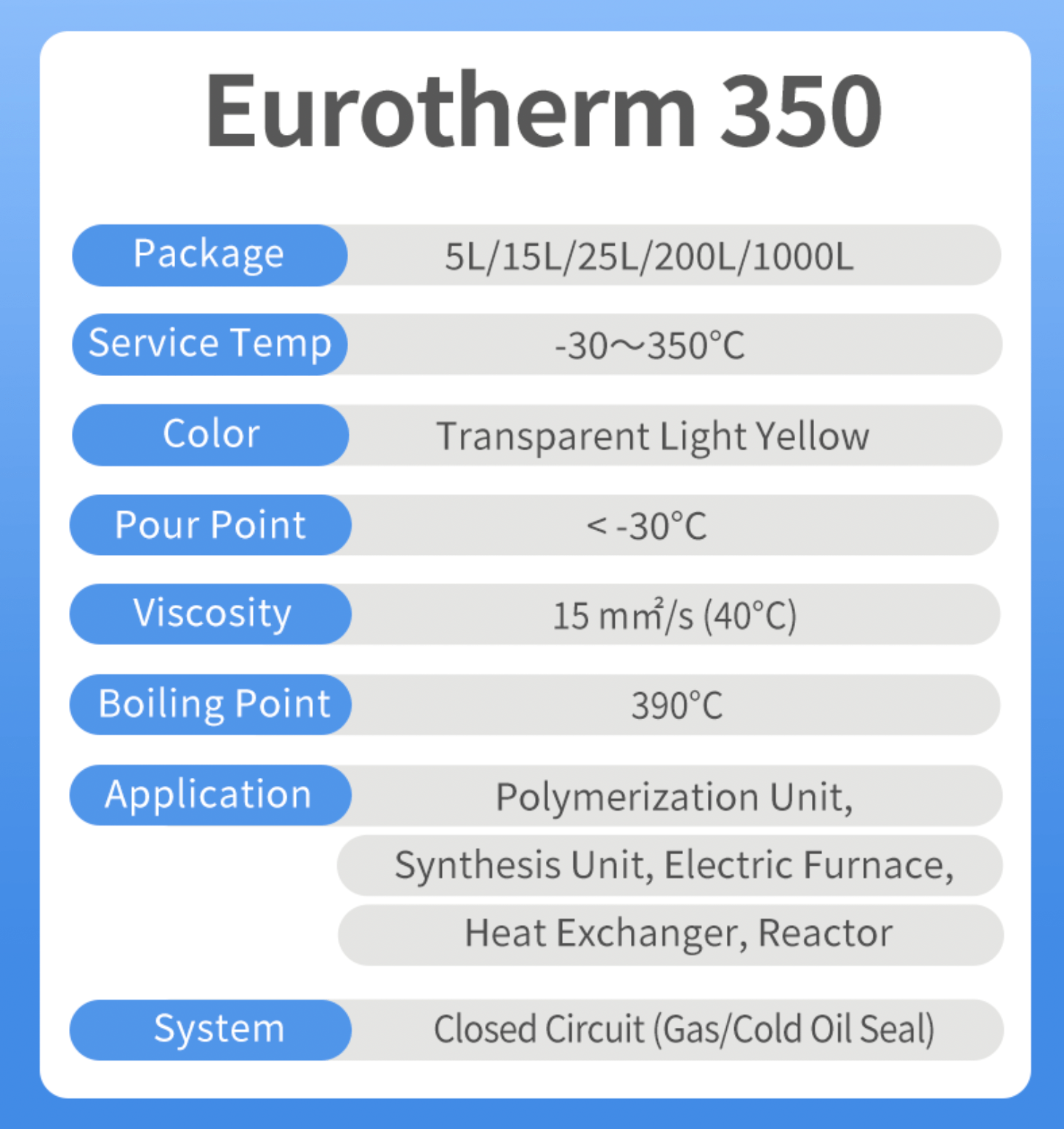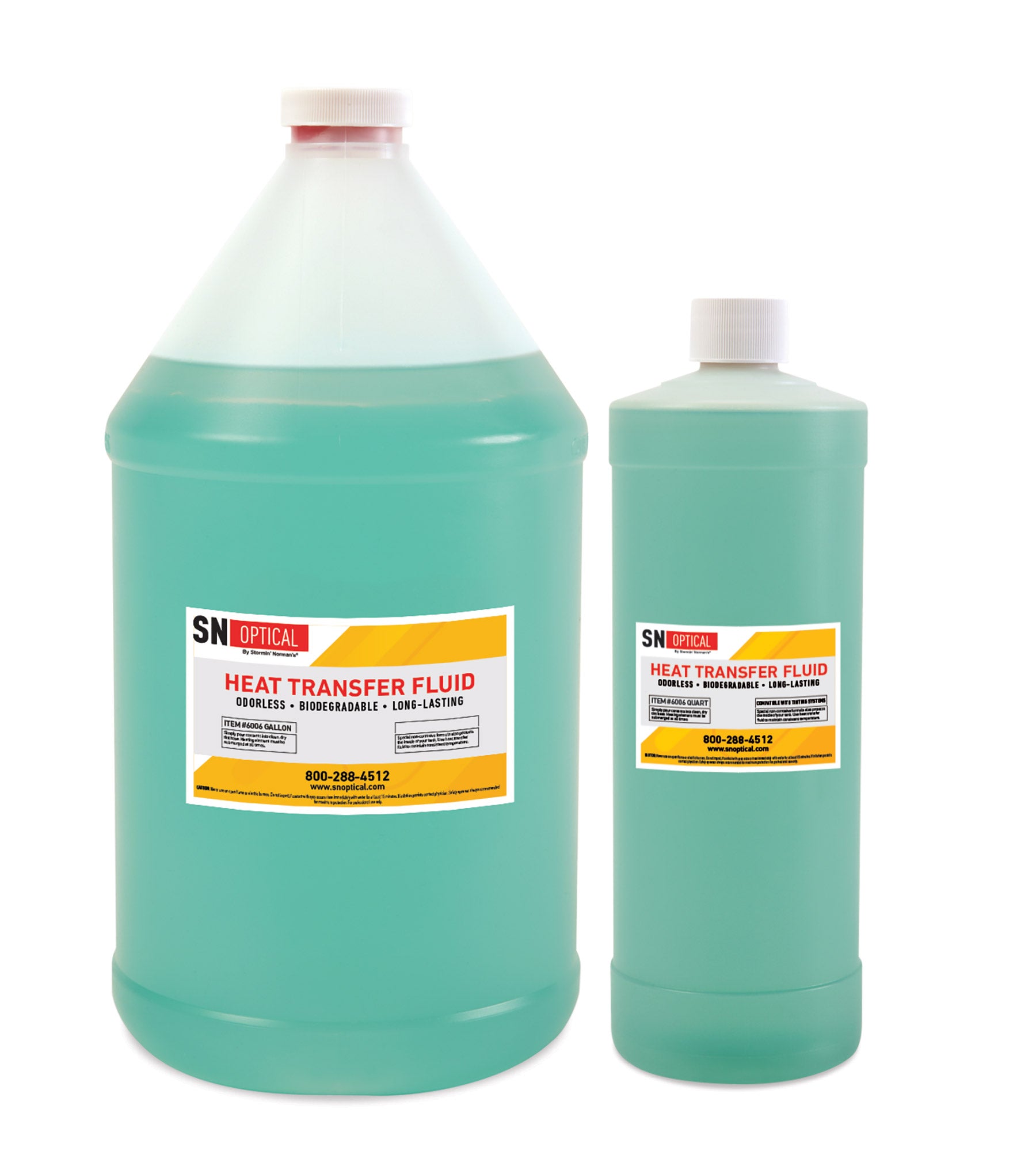A Comprehensive Overview to Heat Transfer Fluid for Solar Thermal Solutions
A Comprehensive Overview to Heat Transfer Fluid for Solar Thermal Solutions
Blog Article
Recognizing the Uses of Warmth Transfer Fluid in Industrial Applications
In the vibrant landscape of industrial applications, heat transfer liquids (HTFs) are important for preserving accurate thermal regulation, essential to enhancing functional effectiveness and item quality. From the details of chemical handling to the robust demands of power generation, HTFs are main to making certain secure and reliable warm exchange.
Role in Chemical Processing
In chemical processing, heat transfer fluids play a vital function in preserving specific temperature control, which is necessary for enhancing reaction rates and making certain item top quality - heat transfer fluid. These liquids are critical in facilitating reliable warm exchange in between process devices, thereby making it possible for the regulation of thermal conditions within activators, purification columns, and other vital apparatus. Their ability to keep stability under varying thermal tons and ecological problems makes them crucial in chemical production
The option of a proper warm transfer liquid is established by elements such as thermal conductivity, certain warm capacity, thickness, and chemical compatibility with the process products. High-performance fluids permit for quick cooling and heating, boosting the efficiency of endothermic and exothermic reactions. Additionally, their thermal stability lessens the risk of destruction or contamination, which can lead to tools fouling and decreased procedure effectiveness.
In enhancement to temperature law, these liquids contribute to security by stopping overheating and decreasing the possibility for thermal runaway reactions. By offering constant thermal administration, warmth transfer fluids improve process reliability and can result in substantial power cost savings. As chemical procedures become significantly complicated, the significance of picking and maintaining ideal warm transfer fluids can not be overstated.

Power Generation Applications
Relocating from chemical processing to power generation, heat transfer fluids think an important duty in the production of power. In power generation applications, these fluids are important in maintaining optimum thermal efficiency and ensuring the dependable operation of power plants. Different types of power generation facilities, consisting of fossil fuel-based plants and focused solar power (CSP) systems, count greatly on heat transfer fluids for effective energy conversion.
In fossil fuel power plants, warmth transfer liquids are used to transfer warmth from burning gases to water in boilers, creating vapor that drives turbines. This process calls for liquids with high thermal security and outstanding warm transfer properties to withstand extreme temperature levels and pressures. In CSP plants, heat transfer liquids flow via solar collectors, taking in solar energy and transferring it to a central receiver where it is made use of to create heavy steam. The steam after that powers generators to create power.
The option of warm transfer liquid in these applications is important, as it influences the plant's effectiveness, safety, and environmental impact. Artificial oils, liquified salts, and various other specialized fluids are generally made use of, selected based upon their thermal stability, heat capability, and compatibility with system materials.
Impact on Food and Beverage Industry

In addition to boosting item high quality, heat transfer fluids add to functional effectiveness by reducing energy usage and minimizing process times. Their thermal stability and high warmth capacity enable quick heating and cooling down cycles, resulting in enhanced throughput and cost-effectiveness. The usage of food-grade warm transfer fluids, which abide with rigid safety standards, makes certain that there is no risk of contamination, thus protecting public health and wellness.
The flexibility of warm transfer liquids enables their application across a variety of food and drink procedures, from dairy products and confectionery to brewing and bottling. By optimizing temperature control, these fluids play an essential function in fulfilling the developing demands of the food and drink sector while preserving high standards of quality and safety and security.
Relevance in Manufacturing

An essential aspect of making procedures throughout numerous sectors is the effective management of temperature, which is where heat transfer liquids demonstrate their value. These fluids play a vital function in maintaining ideal temperatures for varied operations, ensuring item high quality, security, and power effectiveness. In markets such as chemical handling, pharmaceuticals, and plastics, accurate temperature level control is crucial for reactions, healing, and molding procedures. Warmth transfer fluids promote these controlled settings by absorbing, moving, and releasing warmth as required.
In making setups, warmth transfer fluids add dramatically to functional performance and cost-effectiveness. By decreasing temperature level changes, they assist minimize energy usage, consequently lowering functional prices and improving sustainability. They improve the life-span of equipment by preventing overheating and thermal stress and anxiety, which can lead to costly downtime and repairs.
Additionally, the convenience of heat transfer liquids enables them to be personalized for certain applications, fitting a more info here variety of temperature levels and ecological conditions. This adaptability ensures consistent performance, even in the most requiring commercial setups. Eventually, the critical use warmth transfer liquids equips manufacturers to enhance their processes, improve item quality, and maintain an affordable edge in an ever-evolving market.
Developments in Warmth Transfer Innovation
With innovations in heat transfer technology, sectors are experiencing transformative renovations in temperature management systems. This advancement is driven by the development of more reliable warm transfer liquids (HTFs) and ingenious system layouts. Modern HTFs, such as nano-fluids, show boosted thermal conductivity and security, which substantially boost warmth exchange procedures. These fluids are engineered to hold up against extreme temperature levels while maintaining reduced thickness, minimizing energy intake and operational you can try this out costs.
Additionally, the combination of smart modern technology and digital surveillance systems has reinvented heat monitoring. Advanced sensors and IoT gadgets offer real-time information analytics, making it possible for specific control and optimization of warm transfer procedures. This causes boosted safety, minimized downtime, and prolonged devices life-span.
In addition, the introduction of magnetic and phase-change products in warm transfer applications notes a significant jump forward. heat transfer fluid. Magnetic liquids, for instance, offer quick warm dissipation through electromagnetic field manipulation, while phase-change materials effectively keep and release thermal energy during stage transitions
These technological strides are not only enhancing effectiveness in conventional fields such as chemical processing and power generation yet are additionally promoting innovation in arising fields like renewable resource systems and digital air conditioning, leading the way for lasting commercial procedures.

Verdict
Heat transfer liquids are essential to industrial applications, supplying exact temperature control and boosting operational effectiveness. Advancements in warmth transfer innovation proceed to enhance these features, underscoring the vital duty of HTFs in commercial processes.
Report this page